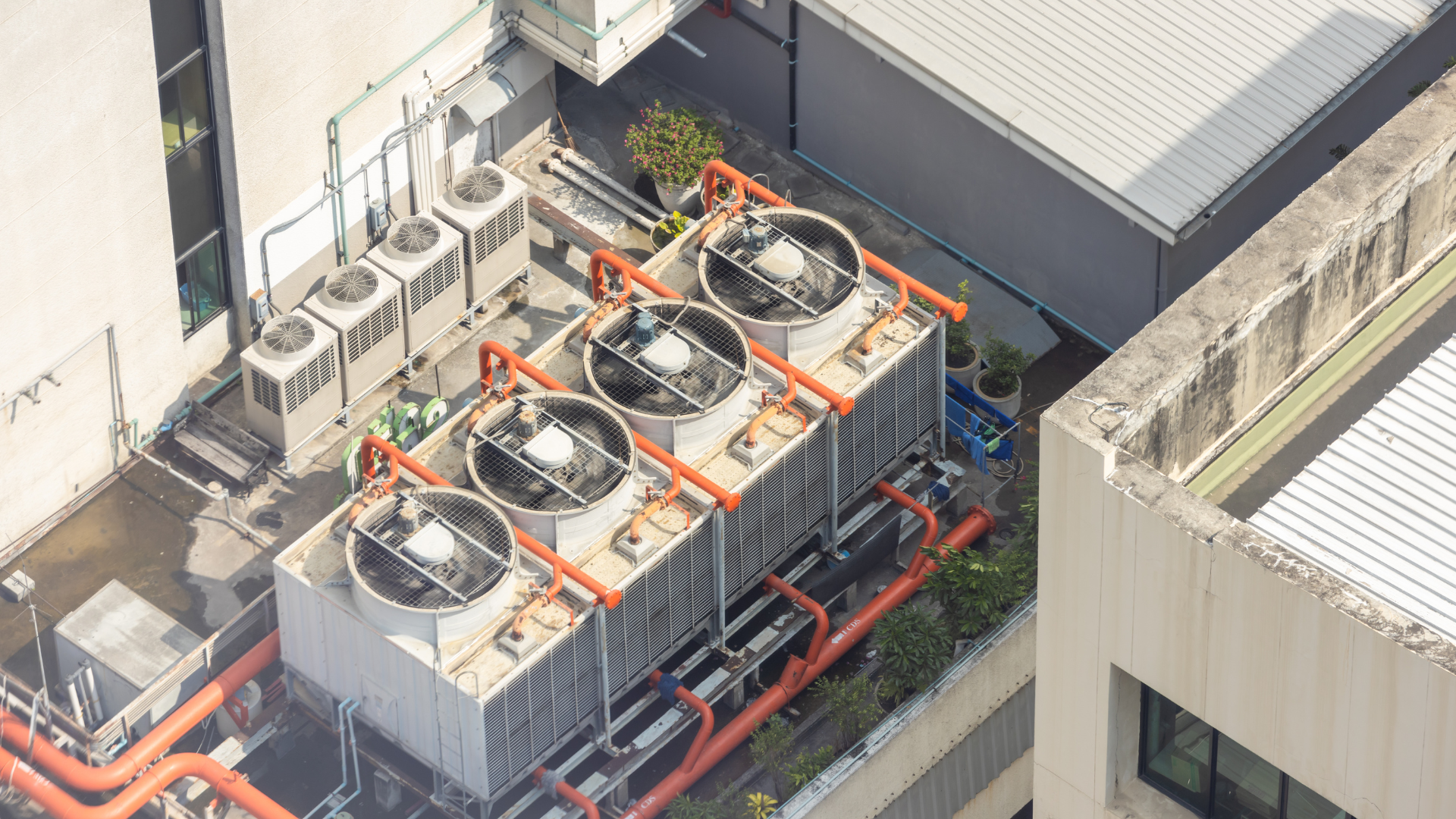Blog
Practical insights to help you anticipate risks, reduce costs, and extend the life of your equipment.
Looking to reduce risk and optimize performance?
Let’s talk.
We specialize in proactive microbial monitoring and system optimization.
Tell us about your operations — we’ll show you how BioAlert can help.






